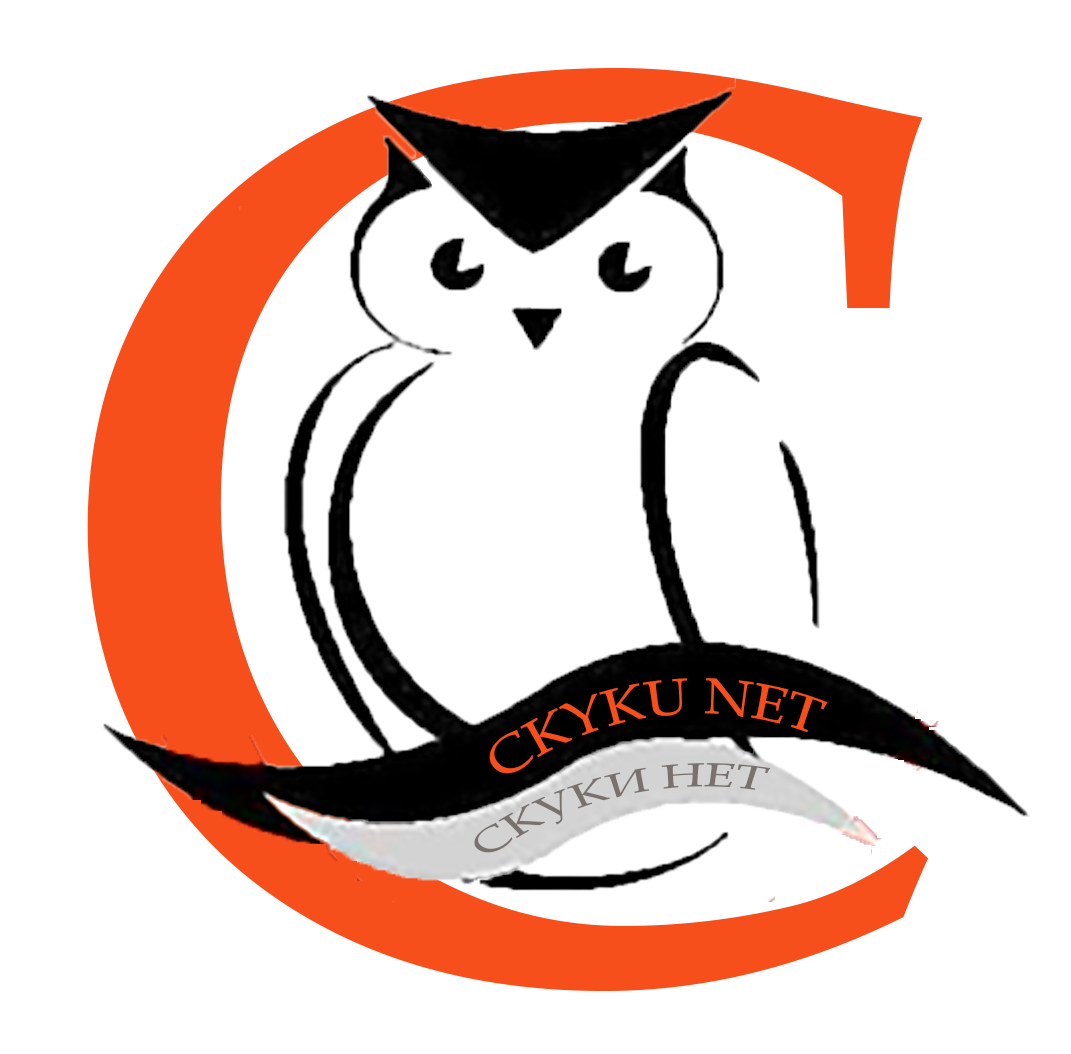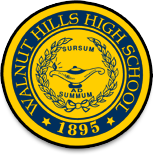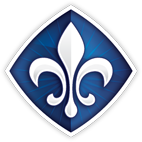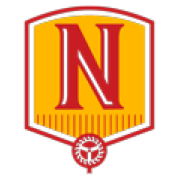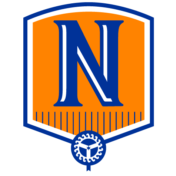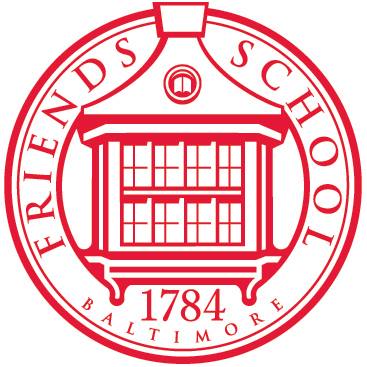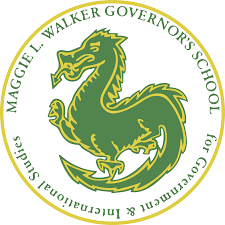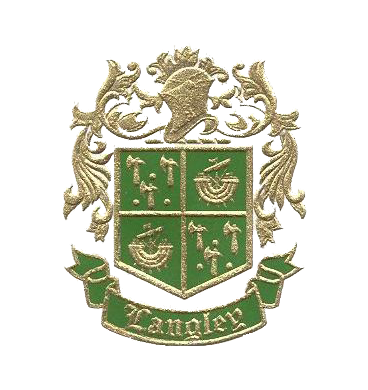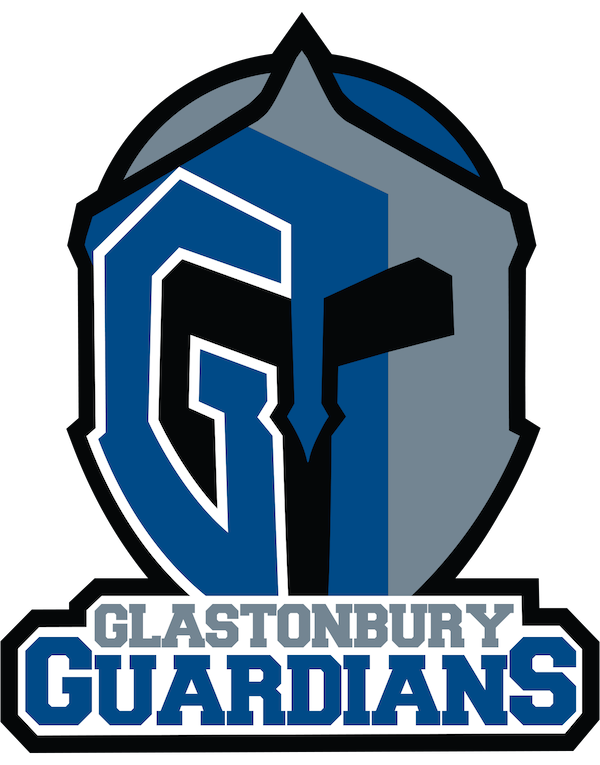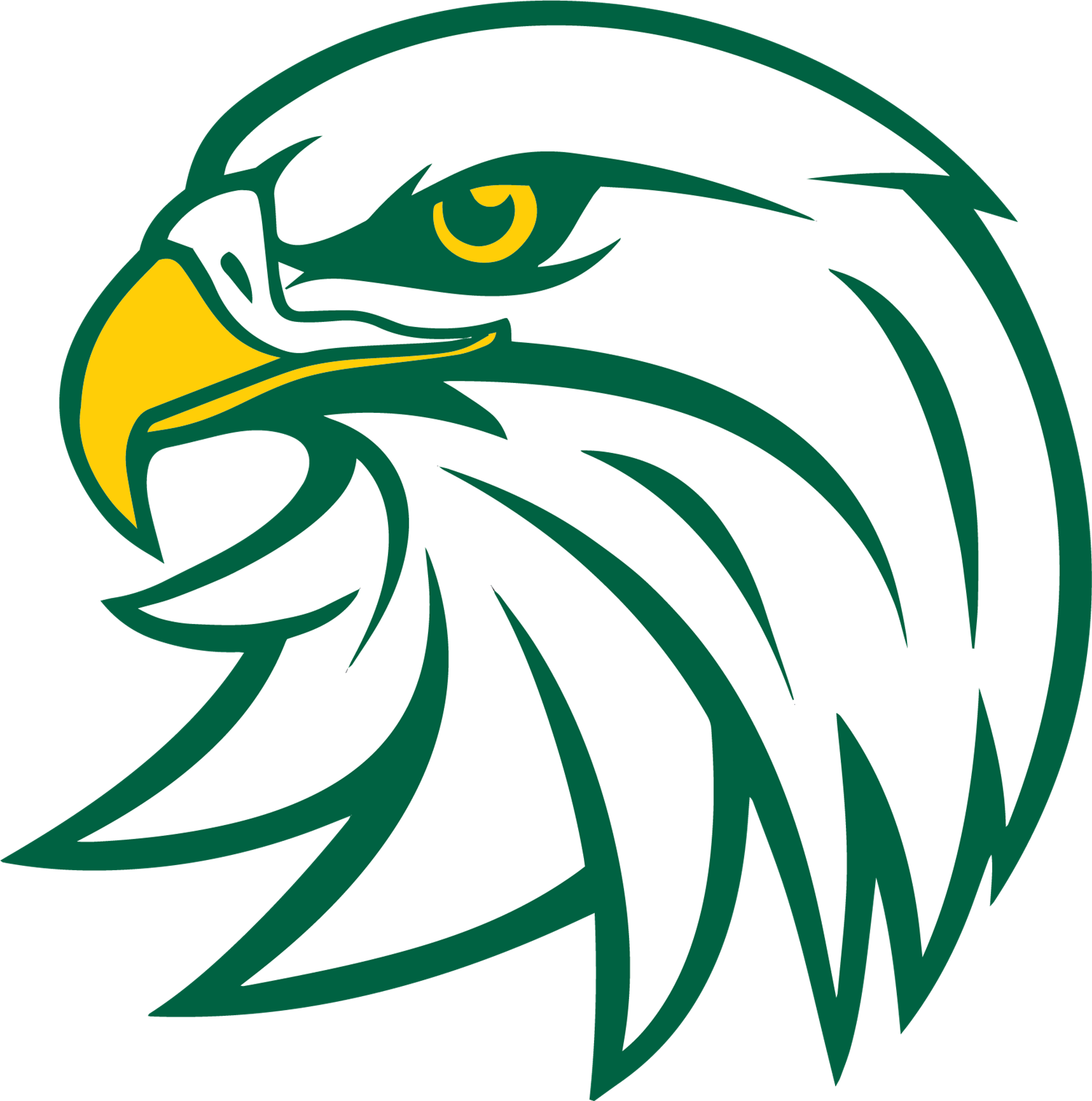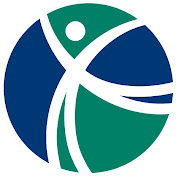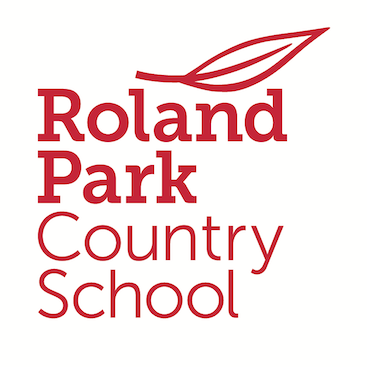Pre-College Programs
The following high schools were selected for our inaugural events. The teachers at these schools are active members of ACTR and/or AATSEEL, and have received recognition for their excellence in teaching. Students at these schools regularly participate and excel in ACTR national contests for high school Russian language learners, such as the Olympiada of Spoken Russian and the National Russian Essay Competition. They come from many states, backgrounds, and cultures, with myriad interests and strengths as scholars and individuals.
For more details about each school, please click below.
Russian Language School Ckyku Net
Lyudmila Andreyeva founded the Russian School “Ckyku Net” in 2001, and since then has been teaching Russian language, literature, and history of culture to students from kindergarten through twelfth grade. Located in California, Russian School “Ckyku Net” is part of the Fremont Union High School District and is fully accredited by the Schools Commission of the Western Association of Schools and Colleges (WASC), the premier accreditation organization in the western United States. In fact, it is the only WASC accredited K-12 Russian Language Supplementary Education program in Santa Clara County. The school is also listed on UC’s directory of high school and UC/CSU extended learning program courses that students can enroll in to fulfill admissions requirements.
Most of Lyudmila’s students attend the school for ten years, from 5 years old to 15, with the option to continue studying Russian in 10th and 11th grades. Lyudmila’s students regularly participate in Russian Olympiadas, the National Russian Essay Competition and other competitions, where they perform exceptionally well. In 2022, for instance, seventeen of her students won first-round gold medals in the National Russian Essay Competition! Ckyku Net students also regularly go on field trips, volunteer, and participate in community events.
Lyudmila graduated from Moscow Pedagogical University with a Master of Education degree. She worked in Moscow high schools for 23 years, and has been teaching in the US since 1999. She taught for 13 years at West Valley College, and founded her own school, Ckyku Net, in 2001. She has participated in STARTALK teacher workshops and is a member of ACTR. Her favorite course to teach is “Russian Through Literature, History, Art: For Intermediate to Advanced Students.”
Walnut Hills High School
Walnut Hills High School is a college preparatory school for grades 7-12. Located in Cincinnati Ohio, Walnut Hills is nationally recognized as one of America’s top public high schools and was awarded a National Blue Ribbon in 2023. The school boasts a large and longstanding Russian program which offers four years of language instruction to high schoolers.
Walnut Hills Russian students participate in yearly Russian Olympiadas and many go on to study Russian at Ohio State.
Johanka Hart-Tompkins has taught Russian at Walnut Hills for 30 years, and currently serves as the Midwest Regional Vice President for SLAVA, the National Slavic Honor Society.
St. Louis University High School
St. Louis University High School is an all-boys Catholic college prep school in St. Louis, Missouri. It is the oldest Catholic high school west of the Mississippi River, and is ranked in the top seven percent of schools in the US for highest ACT scores.
The four-year Russian program at St. Louis University High has been operational for nearly 60 years and is supported by several global education opportunities. In the first 2 years, students are eligible to participate in an exchange with Polish partner schools, and after level 3, students can participate in a summer Russian immersion program in the Baltics. St. Louis University High also has service immersion programming in Poland working with Ukrainian refugees.
In addition to this global study and service, students at St. Louis University High School consistently win medals for their Russian essays and receive prestigious scholarships, including NSLI-Y appointments and both undergraduate and graduate scholarships for Russian language studies. 100% of St. Louis University High School students attend college. Most continue to study Russian in some way and several have earned advanced degrees.
Robert Chura has been teaching all levels of Russian at St. Louis University High School for 27 years. He is the head of the Department of Modern and Classical Languages and the Director of Global Education. In addition, he serves on the ACTR Board of Directors.
His favorite thing about teaching Russian is:
Just capturing their fascination and enthusiasm about the Russian language, since it is their first experience learning a language for most.
By the Onion Sea Program
By the Onion Sea is an independent school for teenagers and adults in the Chicago area. The program especially serves homeschooled students, heritage students, and students whose schools and communities do not offer Russian instruction. The program features rigorous language training and many individual projects in topics chosen by students. Julia Kriventsova Denne and her colleague, Inga Gurevich, teach Russian language to children, teenagers, and adults, both in person and online. They have students from California, Wisconsin, Virginia, Alaska, Alabama, and other states. Julia also teaches courses on Russian literature, history, and art through The Newberry.
Julia’s middle- and high-school students take part in Olympiada of Spoken Russian and the National Russian Essay Contest, frequently winning medals for their work. They have also been awarded Russian Scholar Laureate awards and are frequently accepted into study abroad programs. Language students receive official transcripts and build portfolios during the course of their study. In addition, By the Onion Sea students are also involved in volunteer activities, community events, and book clubs. Most for hem go on to study Russian in college, with the majority of them receiving minors in Russian or Slavic studies.
Julia Denne has been teaching Russian at By the Onion Sea for over 18 years. She currently teaches Intermediate and Advanced Russian, as well as heritage students of various levels.
She is an alumna of the AATSEEL Certificate Program in Diverse and Inclusive Pedagogies. Since the beginning of COVID, she has also begun taking professional online art history classes through Oxford University and the Courtauld Institute of Art. She currently serves on the ACTR Board of Directors and is a member of several ACTR committees, including the Bridge-building Committee.
Her favorite thing about teaching Russian is:
Fun breaks, including tongue twisters, film clips, and animations. I love using visual art in all forms. My students adore conceptual contemporary art, which combines language, images, geography, culture, politics, and heritage of diverse artists.
The Noble Academy
The Noble Academy is a four-year college preparatory school and one of the highest performing non-selective schools in Chicago. The school community reflects the diversity of Chicago at large--students come from virtually every neighborhood in the city.
Noble Academy Russian students usually earn gold and silver medals at the Olympiada and a number have gone on to study and even major in Russian at colleges and universities across the country.They have also attended and excelled in summer programs at UW-Madison (Pushkin Summer Institute domestic and abroad) and University of Pittsburgh.
Tommy Tabatowski has been teaching 2 levels of Russian at the Noble Academy for 7 years. He holds a PhD from the University of Wisconsin-Madison and is an alumnus of the
AATSEEL K-12 Teacher Excellence Program. He has also been involved in programs at the Pushkin Summer Institute and is a member of the ACTR Bridge-Building Committee. He currently serves on the AATSEEL Executive Council as a Vice President.
His favorite thing about teaching Russian is:
Students often walk into their first day of class thinking that learning Russian is going to be an impossible task. I love watching as they develop this new skill from scratch, especially as they come to realize the potential for language learning that they all possess.
Pritzker College Prep
Pritzker College Prep is a four-year high school located in Chicago and ranked one of the best charter schools in Illinois by multiple organizations. Russian is required for all students at Pritzker, and the school has impressive ties to university Russian programs including The Pushkin Summer Institute at UW-Madison, the University of Pittsburgh, and Oklahoma City University. Pritzker students often travel to Latvia via the NSLI-Y program after their senior year. There are three Russian instructors at Pritzker: Phil Stosberg, Rebecca Kaegi, and Lauren Nelson. Together, they have over 445 juniors and seniors currently taking Russian!
Pritzker students come to Russian with lots of assets. Many Pritzker students speak Spanish, so classroom language comparisons and exploration often involve three or more languages. Students perform very well at Olympiadas, receiving gold or silver medals, and frequently become Pushkin Scholars. They also participate in the National Russian Essay Competition and summer language programs. Pritzker students all go on to be admitted to college, 70% of them to the top 100 ranked colleges in the US.
The Russian teaching team at Pritzker won the AATSEEL Award for Excellence in Teaching (Secondary) in 2020. Lauren Nelson is an ACTR Board Member and was a member of the inaugural cohort of the Certificate Program in Diverse and Inclusive Pedagogies (CDIPS). She and her students continue to be involved in AATSEEL activities.
Her favorite part about teaching Russian is:
“In classes like math and English, students' academic identities are often already set. In Russian, they get the chance to create those identities from scratch.”
Central High School
Central High School is one of the best college preparatory schools in Memphis, Tennessee. Students at Central are drawn from the Memphis metro and surrounding area and bring a variety of talents, ideas, religions, and cultures to the school. The curriculum includes many Honors and AP courses.Russian students from Central High School regularly compete in ACTR’s national competitions.
Brooke Ballenger has been teaching Russian at Central High School for 13 years. She teaches four levels of Russian, and offers introductory and prep classes to nearby middle-schoolers as well. She also serves on the ACTR Board of Directors as the national co-chair for the Olympiada of Spoken Russian.
Friends School of Baltimore
Friends School of Baltimore (FSB) is an independent Quaker school located in Maryland. Founded in 1784, Friends School is grounded in the Quaker values of integrity, community, equality, and peaceful resolution of conflict. Dialogue, reflection, and a respect for learning as a journey of “continuing revelation” are core to the education of students from pre-K through grade 12.
Russian at FSB has a storied history. Friends School began teaching Russian in 1956 - one of only 16 U.S. high schools to offer Russian at the time! In 1972, pioneer Friends School teacher Claire Walker led the first U.S. delegation to Moscow for the International Olympiada, and in the years to follow, co-founded ACTR (with Dan Davidson and Irwin Weil) and oversaw the development of the regional Olympiadas in the U.S. Walker’s successor, Zita Dabars, engaged FSB students in the first Soviet school exchange in 1988 and FSB students were honored with an invitation to meet Mikhail Gorbachev in the Kremlin!
Today Friends School students begin the study of Russian in sixth grade and continue through level V as seniors. They continue to be inspired by participation in the Olympiada, with many having served on U.S. Delegations to the International Olympiada. Immersion travel remains a cornerstone of the FSB Russian program with most juniors and seniors opting to participate in our school’s capstone study/homestay immersion program - in St. Petersburg until 2018 and most recently with SRAS in Bishkek, Kyrgyzstan. Since 2009, over fifty Friends School students have also spent a summer or academic year studying abroad on the National Security Language Initiative for Youth (NSLI-Y) program and others have enjoyed fully-funded domestic intensive summer immersion programs through STARTALK and the Pushkin Summer Institute.
The Russian students at FSB are a passionate bunch! Beyond the classroom, they organize Russian film showings, lead Russian lunch tables and current event discussions, fundraise for important causes, start Russian choirs, host and execute Russian Старый Новый год parties for program alumni, organize outings to Russian community events and venues, serve as Russian tutors in the Russian Help Center, and have taught an after-school exploratory Russian language and culture program that has served as an important feeder program for the FSB Middle School Russian program, as well as provided exposure to Russian to two Baltimore city public schools. Beyond our campus, all senior Russian students engage in a community partnership with a Baltimore city public charter school with a K-8 Russian immersion program. A number of Russian students each year fulfill their five-week senior work project out in the greater Baltimore Russian community. The majority of students graduate with Intermediate High oral proficiency and many major or double major in Russian in college.
Lee Roby has been teaching at Friends School for 21 years. She was a member of the inaugural cohort of the AATSEEL Certificate Program in Diverse and Inclusive Pedagogies (CDIPS) and she co-designed and co-leads with Bill Comer the AATSEEL K-12 Teacher Excellence Program for which she was honored with the 2022 AATSEEL Service Award. She also serves as Vice President on the ACTR Board of Directors, chairing a number of committees, including the Bridge-building Committee.
Maggie L. Walker Governor’s School
The Maggie L. Walker Governor’s School for Government and International Studies is a public magnet high school for gifted students who gain admissions through a rigorous application and selection process, and are drawn from 14 cities and counties in the Richmond region. Last year Maggie Walker was ranked #8 Best Public High School in the US by Niche. Students at Maggie Walker are required to study four years of one language and two of another. Russian, technically a two-year language, is one of ten international languages offered at Maggie Walker.
Students in the Russian program take part in summer language programs, lead an active Russian Club, go on field trips, and participate in the National Russian Essay Competition, where they consistently receive medals for their work. They also take part in NSLI-Y initiatives, most earn induction into SLAVA (the High School Honor Society), and several have received the ACTR Russian Scholar Laureate Award. Many of them go on to study Russian in college, and some use Russian in their careers.
Michael White has taught at Maggie Walker for 26 years, teaching two or sometimes three levels of Russian. He also teaches Social Studies, English, and a senior seminar on Slavic Folklore, in which students explore Slavic lifecycle and calendar ritual, folktales and songs, material culture, and more.
His favorite part about teaching Russian is:
“I love exploring Russian language and Slavic culture with bright, motivated, intellectually curious teenagers. It's such a thrill to see students go from zero knowledge to a well-informed passion for the field to which I've devoted my career.”
Langley High School
Langley High School is a four-year high school in McLean, Virginia. Not far from Washington, DC, Langley is recognized as an outstanding program. There are 5 levels of Russian language at Langley, including Advanced Placement options.
Langley Russian students perform very well at Olympiadas and the National Russian Essay Contest, often winning medals and awards for their work. They also frequently participate in various field trips or excursions.
Valentin Cukierman is the “founding father” of the Russian program at Langley and has been teaching Russian there for 35 years. In 2011, he won the national Teacher of the Year Award for Slavic languages - the number one Slavic language teacher in the US.
His favorite part about teaching Russian is:
“Opening up a new world for them, fascinating, unique and exotic.”
Glastonbury High School
The Russian Program at Glastonbury High School is one of the oldest in the country. It was founded in 1958 and in 1988 was one of only 25 schools that traveled to the Soviet Union. Today, Russian is taught in grades 7-12. Over the years Glastonbury students have built connections with students from Ukraine, Russia, Kyrgyzstan, Uzbekistan, and Estonia. Glastonbury also hosts a STARTALK summer program and many students participate; this year, a Glastonbury Russian alumna also taught in the program!
Glastonbury students perform strongly in a wide variety of activities. They participate in field trips, exchange, summer programs and student advocacy initiatives. They excel in contests, such as Olympiadas and the National Russian Essay Contest, where they regularly receive medals. At the completion of Russian 6 students also take National Examinations in World Languages (NEWL) and often receive Seals of Biliteracy. Over the years multiple students were awarded NSLI-Y grant in high school and Fulbright scholarship during their college years.
Olga Gotta has been teaching at Glastonbury for 3 years. She teaches 4 levels of Russian (Russian 3-6). She has also taught for STARTALK since 2013 and is currently the executive secretary/treasurer for SLAVA, the National High School Slavic Honor Society. She has also served as a judge for NREC and Olympiada of Spoken Russian.
Her favorite part about teaching Russian is:
I am in the privileged position to see students' growth over their entire high school career. Our Russian classes are a family where we learn from and support each other. Students come out of the program with a different perspective on every day life, culture, social issues, and politics, and the complexity of our world.
William Enloe Magnet HS
William G. Enloe Magnet High School is a public magnet high school offering Gifted and Talented and IB programs in Raleigh, North Carolina. Opened in 1962, it was the first integrated public high school in Raleigh. It has offered Russian for 22 years. As of 2011, Enloe had the only high school Russian program in the state of North Carolina. Enloe currently offers six levels of Russian, with new IB options at higher levels.
Russian students at William Enloe consistently participate in Olympiadas, summer language programs, excursions/field trips, volunteer activities and community events. They also participate in local Russian theater productions.
Luba Tyer is a National Board Certified Teacher. She holds an MA in Applied Linguistics from Moscow State University, where she graduated at the top of her class. She is very involved in her local community, providing cultural reinforcement for Russian speaking children and volunteering with early childhood education programs. With a colleague, she founded Raleigh Russian School "Znaika,” which has been promoting Russian language and culture in her community for the last 22 years.
Concordia Language Villages
Concordia Language Villages is a world-class summer language immersion program located in the North Woods of Minnesota. Founded in 1961, CLV strives to inspire courageous global citizens with immersion programs in 18 different languages. In the Language Villages, everything from the music played to the dishes used in the dining hall reflect the culture each was designed to represent, to create a place that is culturally authentic and also uniquely Concordia.
The Russian Language Village, Lesnoe Ozero, was established in 1966, and serves highly motivated students from all over the country. The curriculum includes instruction in language, literature, culture, history, and international relations, with hands-on activities to support learning in each area. The Village is designed to help students participate in cultural activities from a variety of countries and cultures where Russian is widely spoken, including Ukraine, Georgia, and several communities in Central Asia. After a summer at Lesnoe Ozero, many Russian language students continue on to study Russian in NSLI-Y programs.
Lara Ravitch has been with Concordia Language Villages since 1995 and has been the dean of Lesnoe Ozero since 2005. She has worked in the kitchen and as program staff at both the Russian and French Language Villages. She lived in Moscow for three years, is fluent in Russian and French, and has studied Spanish and Czech. Lara graduated from Connecticut College with an international studies certificate and a B.A. in Russian and European studies and theater. She has an M.A. in Language Teaching from the Middlebury Institute of International Studies and an M.S. in Special Education from University of Oregon. She currently works as the coordinator of the Russian language program at the University of Oregon.
Roland Park Country School
Roland Park Country School is an independent all-girls college preparatory school in Baltimore, Maryland. The Russian program serves students from RPCS as well as students from two neighboring independent schools in Baltimore, Maryland: Gilman School and The Bryn Mawr School.
At RPCS, students can take four levels of Russian. While most students start Russian from scratch in high school, classes usually include heritage speakers as well. Many students study an additional modern or classical language, and often extend their learning with a capstone project and give a presentation about their work in both target languages to earn the World Languages Certificate at graduation. Russian language students participate in Olympiadas, the National Russian Essay Competition, and the StarTalk program. They consistently win medals and receive positive feedback for their performances. RPCS Russian language students have also been selected for internships that require use of Russian and regularly receive awards from the Northeast Conference of Teachers of Foreign Languages and are recognized as ACTR Russian Scholar Laureates.
In recent years RPCS students have also corresponded with Russian-speaking teens from Kyiv and have partnered with peers from Baltimore’s sister city of Odesa in a cultural exchange involving interactive group activities, one-on-one discussions on a variety of topics, and collaborative projects. Around campus, students are known for their individual and group poetry recitations and performances, including a dramatic bilingual reading of Yevtushenko’s Babi Yar for a recent all-school Day of Remembrance convocation and performances at RPCS’s biennial Birgit Baldwin International Poetry Festival, where they have introduced the larger school community to Russian classics as well as to contemporary poems in Russian that speak to the ongoing war in Ukraine. This year’s graduating seniors are all planning to pursue Russian after high school and have all elected to take the NEWL exam in Russian.
Elisa has been teaching 4 levels of Russian at RPCS for seven years. She holds a Ph.D. in Slavic Languages and Literatures from the University of Wisconsin-Madison, and was still in adolescence when she hatched the plan of becoming a high school Russian teacher. Before teaching at RPCS, she taught part-time at a number of post-secondary institutions.
Her favorite thing about teaching Russian to high school students is:
I appreciate getting to be a part of their lives during a time of tremendous growth and transformation. As a teacher at an independent school, I have a lot of autonomy, and I get to constantly reinvent what I do and how I do it, depending on the interests and temperaments of the students I'm working with, the changing world around us, and whatever seems most important. There is constant flux, and holding and honoring that--as I try to hold and honor my students and provide a space of stability and excitement--is a special job. I like to think that I can be involved in some kind of important meaning making, whether or not the students realize it’s happening.
Additional Resources
- How Can We Teach Slavic Languages and Literatures During the War in Ukraine?
- Graduate Student Resources
- State of the Field Articles
- Why Study Slavic and East European Languages?
- For Teaching
- For Scholarship and Research
- "Russifying your Computer" (Slavic fonts & keyboard drivers)
- Other Useful Articles
- Internet Resources
- Student Resources

